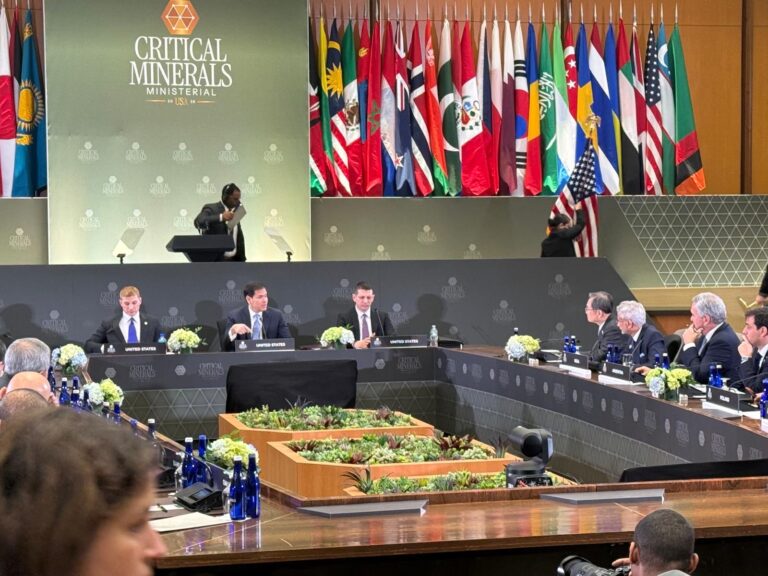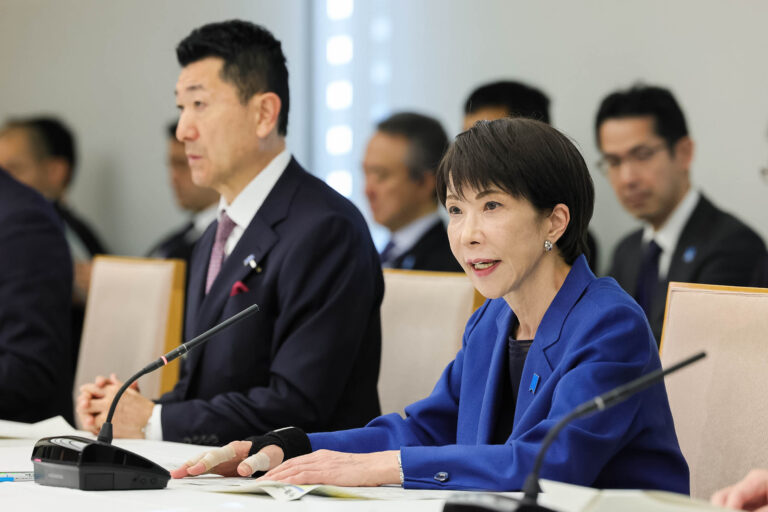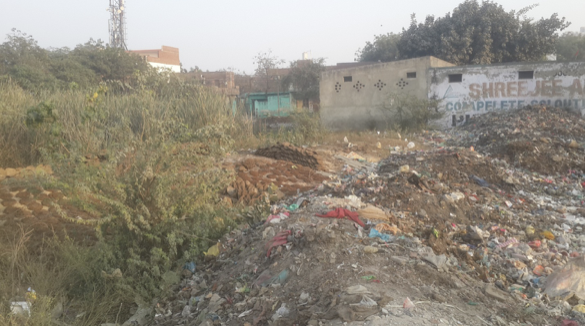
These houses are constructed on the pond land in Dundehara village
These houses are constructed on the land of the pond in Dundehara village
Ghaziabad: Waterbodies are the life line of the environment for ground water recharge, maintaining e-flow in the rivers, storage of water for different purposes, for micro climate in sub-watersheds, as well as enhancing the natural aesthetics.
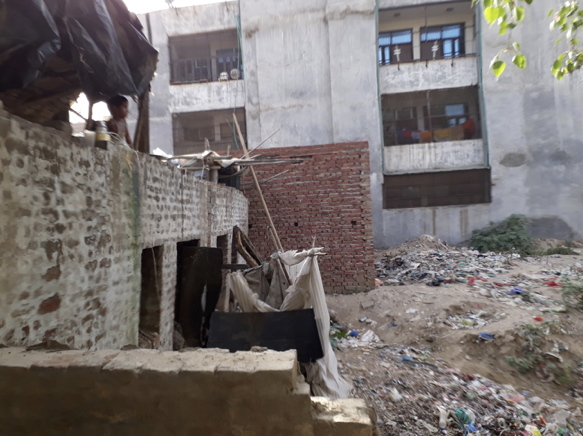
While the rain water harvesting is certainly important, harvesting surplus water during excessive rains from any areas of catchment needs to be optimized by enhancing the capacity of the existing ponds/water bodies, creation of water harvesting structures in the sub-watersheds to the extent possible, apart from setting up of additional water bodies/water harvesting structures wherever viable, utilizing available funds including under MGNREGA and involving the community at large at every level.
But in Ghaziabad, a whopping 72.90% (183 water bodies) water bodies were found to be victims of encroachment. This meant only 49 out of 261 water bodies are free from encroachment in the district.
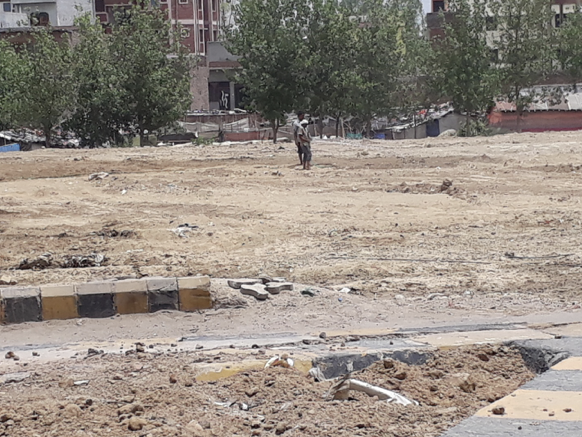
A case in this regard was taken up in the shape of a petition by a resident, Sushil Raghav, before the National Green Tribunal, which took a serious view of the matter. It sought an action taken report from the joint Committee comprising District Magistrate, Ghaziabad and State Pollution Control Board. The matter was thereafter considered on October 29, 2020 in light of report of the District Magistrate, Ghaziabad and of the State PCB “showing dismal picture of steps taken for restoration of water bodies”.
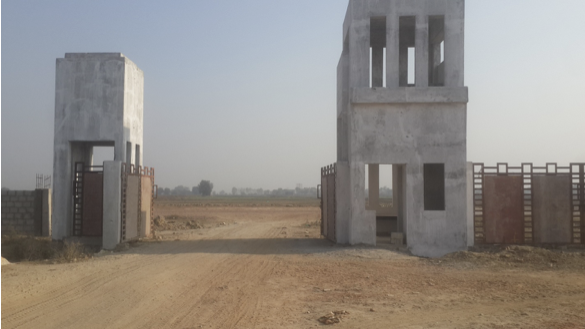
While action had been initiated under Section 67 of the UP Revenue Code, 2006 by the district administration, a report dated March 12, 2021 was filed by the Oversight Committee constituted by the Tribunal headed by Justice SVS Rathore, former Judge of the Allahabad High Court, which observed that although efforts had been made for pond restoration by Nagar Nigam, Ghaziabad, “the progress is considerably slow”. The Committee recommended that a complete action plan with timelines be submitted to the NGT within a month.
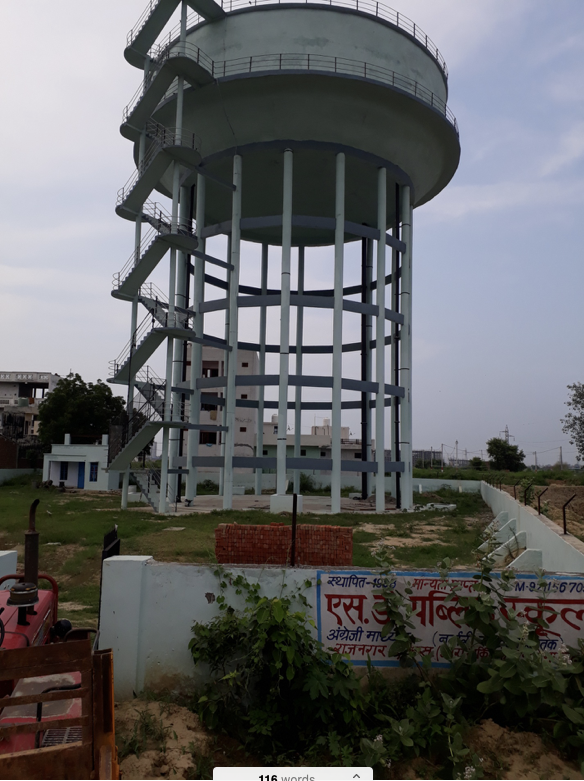
The Committee had found that as far as encroachments around water bodies were concerned in Ghaziabad, still that persisted in 135 ponds wherein 63 were in rural areas and 72 were in urban areas. It was informed in the meeting held by Oversight Committee on March 10, 2021 that it was not possible to remove encroachments in rural areas. The Committee suggested DM, Ghaziabad to submit an explanation regarding non-removal of encroachments in rural areas and action taken for removing encroachments in urban areas alongwith the complete list of all encroached ponds within a month.
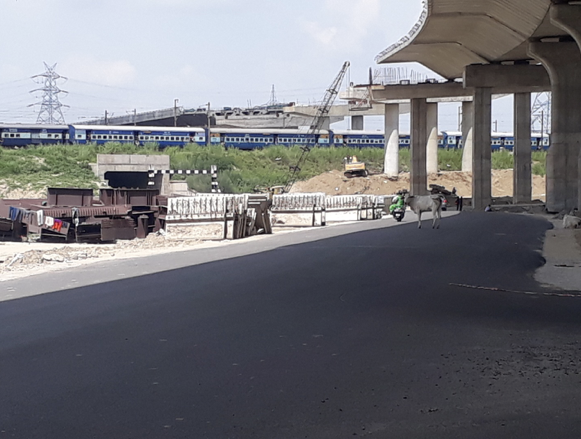
On March 18, 2021, while disposing off the application, the NGT, further directed the Chief Secretary of Uttar Pradesh to “take further action and ensure compliance in the matter of removing of encroachments and taking other steps for restoration of water bodies by periodically holding meetings with the District Magistrate for monitoring”. In this regard, the NGT said community involvement in appropriate manner may be considered. It further directed tht the data of steps taken may be placed on the relevant websites for awareness.
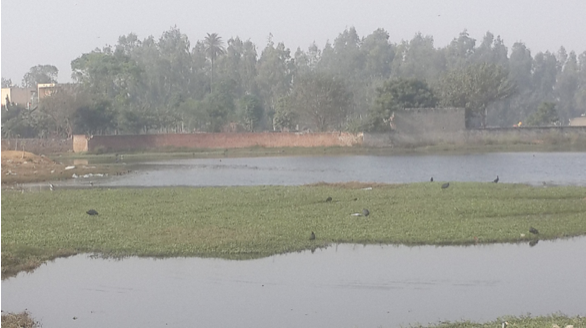
The NGT also noted that having seen alarming level of encroachments at Ghaziabad, “it is not difficult to assume that there are similar encroachments/damage to water bodies throughout. This needs attention of the authorities at the State level and special plan and drive is necessary for identification and conservation of such water bodies for enforcement of rule of law and protection of environment”.
The tribunal stated: “It seems that orders of the Hon’ble Supreme Court and this Tribunal on the subject are not receiving any attention of the concerned authorities. It is high time that the issue is seriously addressed. We also find that the authorities are stuck up in cumbersome procedure of revenue law without invoking prompt and summary procedure of environmental law. There is no monitoring at higher level. Powers under the environmental law, including the Water (Prevention and Control) Act, 1974, the Air (Prevention and Control) Act, 1981 and Environment (Protection) Act, 1986 which are with reference to Entry 13 List – I to give effect to the international obligations under Article 253 of the Constitution. These laws are overarching and override any other statute.”
(Photos courtesy: Sushil Raghav)
– global bihari bureau



